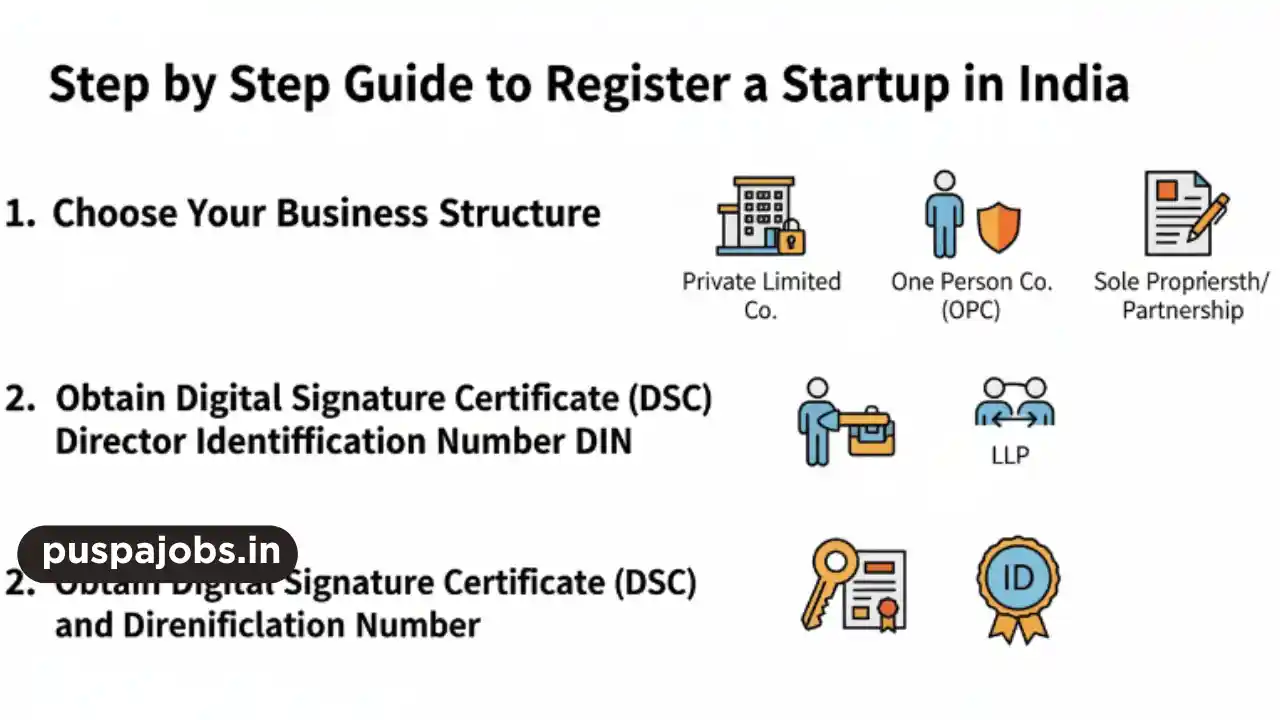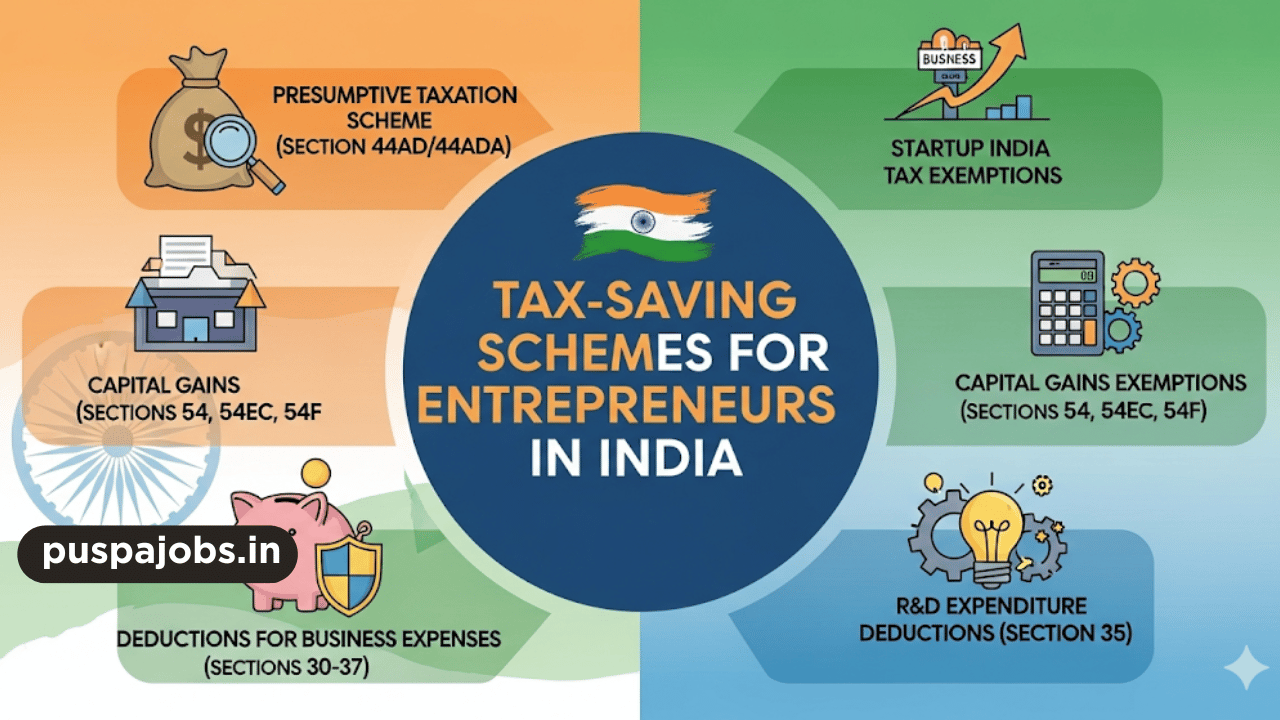A well-structured business plan is the foundation of any successful startup. For entrepreneurs in India, a comprehensive business plan not only helps in organizing ideas but also attracts investors, secures loans, and guides day-to-day operations. This step-by-step guide explains how to write a business plan for a small startup in India in 2025.
Understand the Purpose of a Business Plan
A business plan serves multiple purposes. It outlines your startup’s objectives, strategy, financial projections, and operational roadmap. For small startups, it helps in clarifying business goals, identifying challenges, and planning resources efficiently. Additionally, banks, investors, and incubators often require a formal business plan before providing funding or support.
Conduct Market Research
Market research is the first step in writing a business plan. Entrepreneurs should analyze the target market, customer needs, competitors, and industry trends. Understanding market demand and identifying gaps allows startups to position their products or services effectively. Use surveys, interviews, and online research to gather reliable data.
Define Your Business Model
Clearly defining your business model is crucial. Decide what product or service you will offer, how it will generate revenue, and who your target customers are. Common business models include product-based, service-based, subscription, e-commerce, or hybrid models. A clear business model helps stakeholders understand the value proposition.
Outline Your Marketing and Sales Strategy
A business plan should detail how you will attract and retain customers. Include marketing channels, promotional strategies, pricing, and sales tactics. For small startups in India, leveraging social media, local networking, and online advertising can be cost-effective ways to reach your audience. A strong marketing strategy is essential for early growth and revenue generation.
Define Organizational Structure and Team
Include details about the management team, roles, and responsibilities. For small startups, founders often manage multiple functions, but outlining who handles operations, marketing, finance, and customer service adds clarity. Investors also look for capable teams while evaluating a startup.
Prepare Financial Projections
Financial planning is a critical part of any business plan. Include projected revenue, expenses, profit margins, and cash flow for at least the first three years. Highlight initial investment requirements, funding sources, and break-even analysis. Accurate financial projections build credibility and help in securing loans or investments.
Include Legal and Compliance Requirements
Small startups in India must comply with legal and regulatory requirements. Include details about business registration, licenses, permits, GST registration, and any industry-specific compliance. Ensuring legal readiness in the business plan demonstrates professionalism and preparedness to investors.
Write an Executive Summary
The executive summary is the first section of your business plan but is often written last. It provides a concise overview of your startup, including mission, vision, product/service, target market, and financial highlights. A compelling executive summary captures the attention of investors and stakeholders.
Review and Refine
Before finalizing, review your business plan for clarity, accuracy, and coherence. Seek feedback from mentors, industry experts, or fellow entrepreneurs. Make necessary revisions to ensure that the plan clearly communicates your startup’s objectives, strategies, and potential.
Conclusion
A well-crafted business plan is a roadmap for small startups in India. It helps entrepreneurs plan effectively, attract investors, and achieve sustainable growth. By conducting thorough research, defining strategies, and presenting clear financial projections, startups can set a solid foundation for success in the competitive business landscape.














